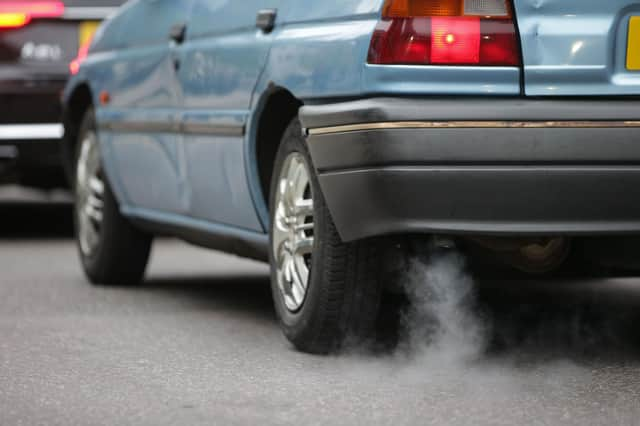The grim irony of banning smoking in cars with children – Scotsman comment


But this sense of disbelief was actually a sign of just how complacent we had become about the air we breathe.
A new study by Glasgow, Aberdeen and Stirling universities has revealed that hospital admissions of under-fives with asthma fell in Scotland in the two years after a ban on smoking in vehicles carrying children was introduced in December 2016.
Advertisement
Hide AdAdvertisement
Hide AdProfessor Jill Pell, of Glasgow University, said their research, published in The Lancet Public Health journal, showed the legislation had resulted in a “significant benefit to children”. And that is good news.
However, it is perhaps grimly ironic that, as a nation, we took action to deal with this car-related air pollution problem, while paying too little attention to a much greater one: the steady flow of ‘second-hand smoke’ from the exhaust.
Like cigarette smoke, it is also linked with asthma, heart disease, lung cancer, stroke and a range of other potentially fatal conditions. And, of course, it is a major driver of climate change, which we have allowed to develop from a manageable problem into a pressing crisis over a period of decades in which we failed to take the situation seriously enough.
Complacency about air – the most vital of resources which we should treasure beyond all others – may not be what it once was but, regrettably, it still remains a very real problem.
